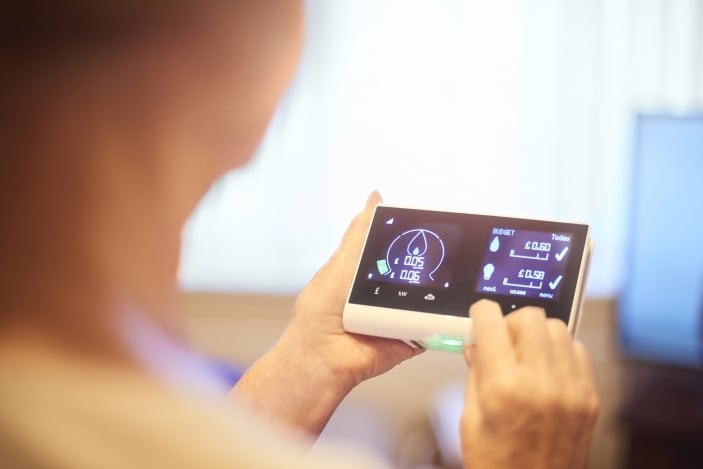Ofgem is “ready to take tough action” on suppliers that fall short of smart meter goals, the regulator’s executive director of consumers and markets, Mary Starks, has said.
Representatives from Ofgem, the Department for Business, Energy and Industrial Strategy (BEIS) and the Data Communications Company (DCC) appeared before the BEIS select committee today (30 October), as part of a hearing on the rollout of smart meters.
The deadline for suppliers to install smart meters was originally 2020, however this has been pushed back to 2024 after suppliers suggested the previous goal would be impossible to meet. The current framework will not extend past 2020 but instead a new supplier licence obligation will be created.
When questioned by Conservative MP Ian Liddell-Grainger on the action Ofgem will take to ensure the rollout, Stark said that whilst she couldn’t make any predictions on what the findings of the regulator’s assessment due at the end of 2020 will be, “we absolutely stand ready to take tough action on these companies if they have fallen short”.
Lord Duncan, minister for climate change at BEIS, said there was a 15% tolerance in the 2024 deadline meaning the aim was for an 85% rollout across the UK in that timeframe.
Responding to questioning by Conservative MP Mark Pawsey, Lord Duncan insisted he was confident companies could meet 85%. However, when asked by Pawsey what the contingency plan is, he said: “If we get to a stage where an energy supplier fails in its obligations – which are now legal obligations – they will then experience the full force of the law to readvise what it is they have to do to deliver that. They will be guilty then of failure.”
Penalties would come in the form of financial repercussions, as well as “an awful lot of climate protesters glued to the side of their building”, Lord Duncan continued.
The challenge, however, will be in convincing the remaining 15% to make the switch to smart meters. Starks added that making switching attractive for those consumers is something that needs to be thought about across government, part of this could be a cost element, as well as the “rising tide” of expectation in participation in a smarter, greener future.
Rising costs of the DCC
Richard McCarthy, chairman of the DCC, was quizzed over the interoperability of SMETS1 meters, as well as the disparity in the DCC’s costs, which have gone up 24% since last year’s forecasts.
McCarthy said that 75% of that increase came because of “the transfer of SMETS1 activity from suppliers” to the DCC and that “the bulk” of the remainder relates to the new innovation and testing facility opened in September.
However, Labour MP Peter Kyle, reading from page 18 of the DDC’s price control consultation, said that “in aggregate, costs are £2.1 billion, or 103%, higher over the Licence term compared to DCC’s forecast as part of the bid” and asked McCarthy why this was the case.
McCarthy said this was also in part due to the transfer of SMETS1 responsibility, as well as costs associated with switching, increased security standards and “new programmes of activity”.
When asked for an exact breakdown of those costs by the chair of the select committee Rachel Reeves, McCarthy committed to providing “more detail” in a letter at a later date.
However, McCarthy also lauded the integration of SMETS1 into the DCC’s centralised network, allowing for customers with the meters to switch without losing functionality.
“We’ve proved we can turn dormant meters on,” he said, although of the approximately 14 million SMETS1 meters, just over 4,000 are connected.
The DCC will be “gearing up to 50,000 to 70,000 migrations” per day in November, McCarthy said.






